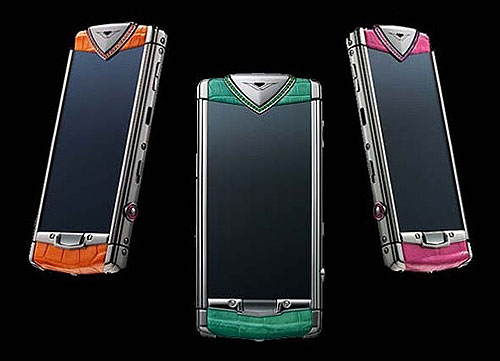Flu, diarrhea, and eye infections are just a small part included into the list of troubles that smartphone users might suffer from.

It turns out that smartphones with a touchscreen have become one of the main transmitters of infection. It is not surprising for we take smartphone in our hands just after holding on to the door handle, transport rails, or the handle of the gym trainer. And then there is a phonecall, and the phone happens to be pressed to our cheek, so close to the mouth, nose, and eyes.
According to Professor Michael Schmidt, head of the Department of Microbiology and Immunology at the Medical University of South Carolina, one can always see greasy marks and fingerprints on the touchscreens of smartphones, and where there is grease, there are bacteria.
The study, conducted by HML Labs in one of the offices in Chicago, showed that Escherichia coli could be found on a half of all the office staff’s phones randomly selected for the study. As a rule, the owner of the body, which is home to E. coli, finds it beneficial because E. coli prevent the development of pathogenic microorganisms in the intestine. But the fact of finding them in such numbers on the phones means that office workers often ignore the rules of hygiene and do not wash their hands after using the lavatory. After studying the “life” on the screens of smartphones, the researchers have found as many as 56 different pathogens. The most frequent pathogens were influenza, diarrhea, and conjunctivitis.
Then the laboratory staff continued the experiment: the phones with a variety of microscopic living creatures were cleaned. The researchers used the tools that any owner of the smartphone might have at hand: water, alcohol, glass cleaners, and wipes for cleaning electronic devices. According to the results of the experiment, spirit was the best way to conduct disinfection. It destroyed nearly 100% of the infections. Water coped with the test worst of all.
Special tools for cleaning the screens of smartphones often remove dirt and just make the glass smooth, but they do not kill the infections. At the same time alcohol may damage the glass. For example, user manuals to Apple smartphones state that one should not use glass cleaners, household cleaners, aerosol sprays, solvents, alcohol, ammonia or abrasives to clean the touchscreen. Dr. Schmidt says that many manufacturers do not indicate which cover the phone has. Thus it is difficult to say, whether alcohol will spoil the composition of the touchscreen, which serves as an oil and dirt repellent. One has to be mindful of the rules of hygiene, wash hands after using the lavatory, after being in public transport and so on. Apart from that we should not forget to strengthen our immunity.










